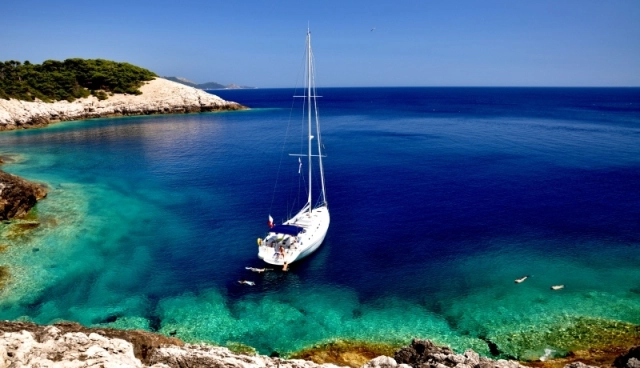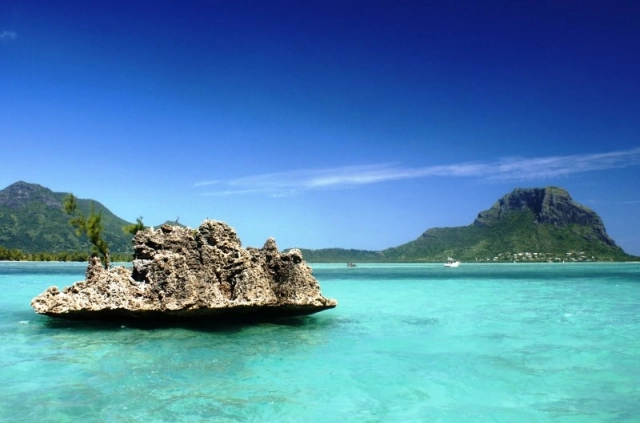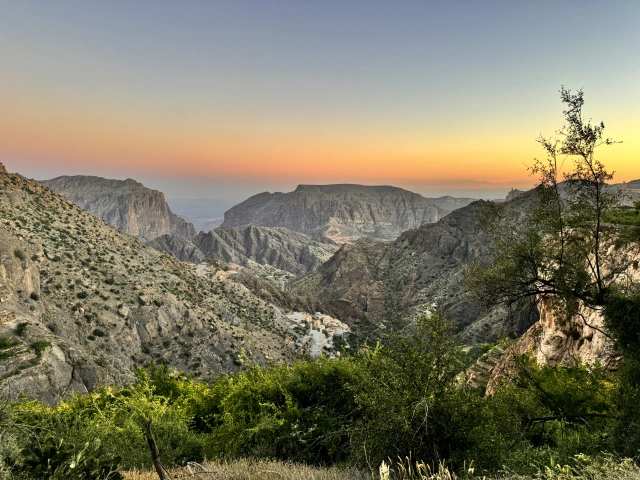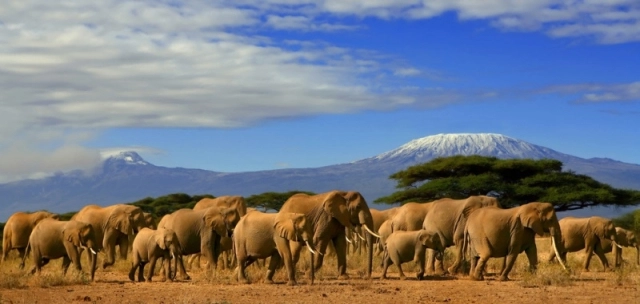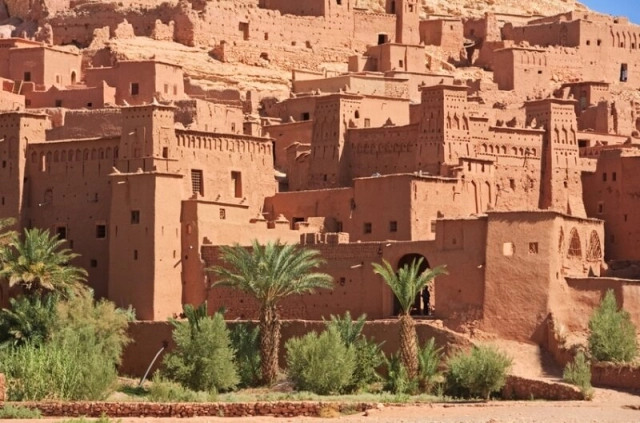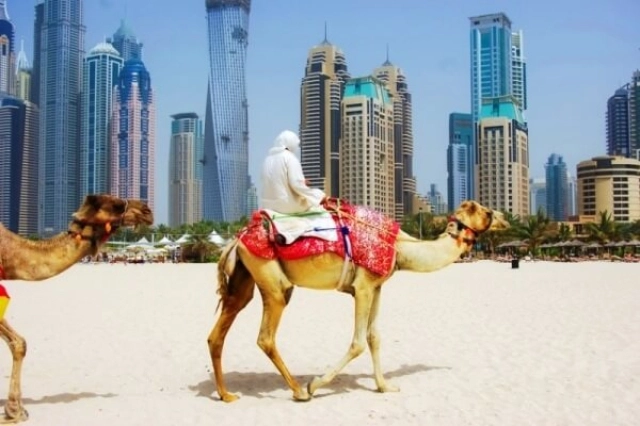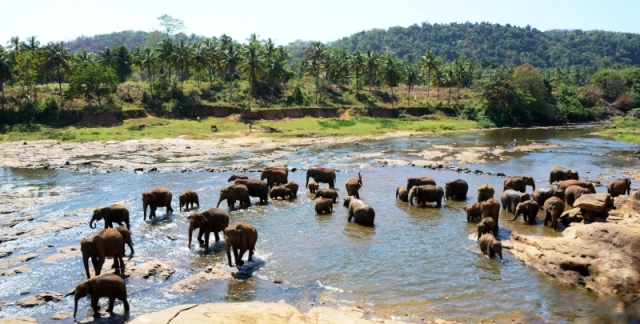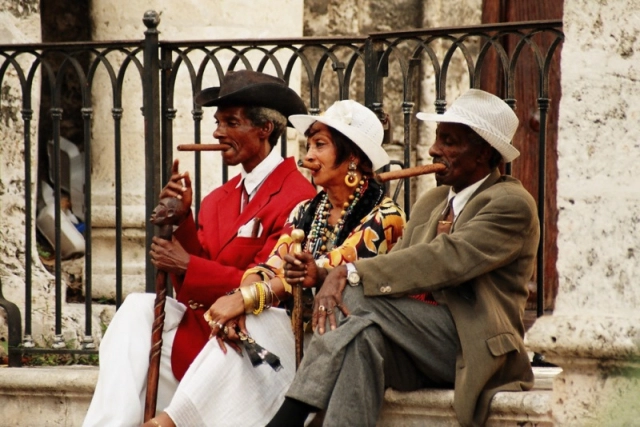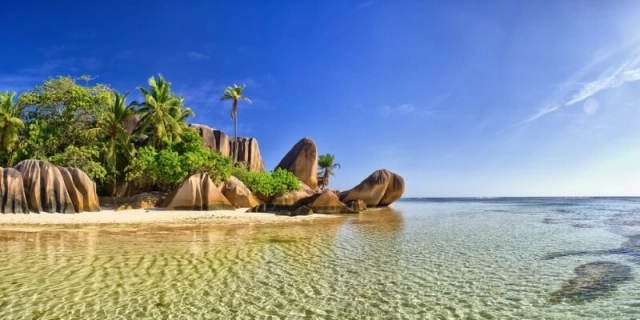
Zanzibar
A republic with everything
A magical and romantic place with one of the most impressive names in the world. The beaches are a paradise, alternating with picturesque fishing villages where people live a simple way of life unchanged over the years. The white sand beaches are so quiet that the only noise that will break your peace will be the ocean.
Zanzibar is the collective name for two islands off the East African coast – the southern island of Zanzibar and the northern island of Pemba. Zanzibar is the capital and the cultural and economic center. Zanzibar is an autonomous state forming, together with Tanganyika, the unitary state of Tanzania.
The main economic activity of the state is the cultivation of the Raffia palm, one of the twenty species of palm native to tropical Africa. They are up to 16m tall and are known for their pinnate leaves, the longest in the plant kingdom. It also grows spices such as cinnamon, cloves, nutmeg, pepper...
The population is an incredible mix of ethnicities, showing the rich history of the island. The predominant religion is Islam, but there are also followers of Christianity and Hinduism.
The island offers ideal conditions for diving. There is good visibility (20-60m) and the year-round average water temperature is around 27°C. The coral reefs offer a magnificent view. Diving here is not limited to beginners. More experienced divers can enjoy night or current dives. The shallower waters are a playground for tropical fish.
You won't find any shopping malls or supermarkets in Zanzibar; everything is found in small cozy shops. The offerings are quite limited, but you can still find a few souvenirs such as paintings, figurines and jewelry made from local mahogany wood or spices.
What you will experience on a company tour
Zanzibar city – Stone Town
The historic part of the capital. You will be able to see the imprints of all the cultures that have influenced the island at the few monuments here. The narrow streets are characteristic of the entire city.
Here you can visit the National Museum of History and Culture in the famous House of Wonders, which was built in 1833 by Sultan Barghas. Then there is the Old Fort or the first public baths on the island, the Hamamni Persian Baths.
The city market, the former slave market, Kelele Square or the now ruins of Marahubi Palace are also worth a visit. The Shangani district and the pleasant seafront park Forodhani Garden are not far behind. As a point of interest, you can't miss Freddie Mercury's birthplace, where he spent part of his childhood.
Zanzibar city – spice tour
About an hour away from the capital is a farming area where a large variety of spices, fruits and vegetables are grown, some of which are very unique. Here you can see for yourself nutmeg growing on the trees or try peeling cinnamon bark. There's also a twist where the guide will cut a few twigs, roots and bark and test you to see if you can tell which spice it is by its smell and taste. During the tour, there is an opportunity to buy spices at the kiosk. You can buy things like long turmeric, vanilla beans, chili peppers, cloves, nutmeg, cinnamon pieces or cinnamon powder, ginger and other spices.
Jozani Forest
One of the last native rainforests remaining in Africa. It boasts a wealth of diverse natural shapes, and the tour consists of three parts.
Tropical forest
The swampy forest and evergreen scrubland offer ever abundant life for snakes, monkeys, snails, sponges and various reptiles.
Monkey trees
The part of the rainforest where its original inhabitants, the monkeys called Rad Colobus Monkey's (cape guaranies) live. They are not particularly shy, so you will be able to take many beautiful photos of them.
The paradise of "Salt Trees"
The final part of the tour is the mangrove trees, which are trees that grow near salt water with aerial roots. These trees are able to excrete salt taken from the salt water and can withstand prolonged flooding with the help of their breathing roots.
In Jozani Park, you will also find water turtles that are 50cm in diameter and you will also be able to feed them.
Zala Park
A place where Zanzibar's endangered animals are kept. This is similar to our zoo, but the owner of this park tries to educate local children and residents not to kill these animals, but instead to protect them.
Prison Island
The island, which was a slave prison during the days of the slave trade, is home to the giant land tortoise, which was originally brought here from the Seychelles as a gift to the Sultan. They tend to be around one meter in size and weigh around 150kg. The oldest turtle is about 140 years old.
Kizimkazi
Located on the southern tip of the island, this village is known for its idyllic coastal views, with its white beaches and azure waters of the Indian Ocean contrasting with the green of the rainforest in the interior of the island. Snorkeling conditions are excellent and dolphins such as Bottlenose Dolphins and Spinner Dolphins can be found here. A traditional lunch will be served at the Kzidi Restaurant, which offers a spectacular view of the Indian Ocean.
Tips for accommodation
DHOW PALACE HOTEL ***
The hotel is located in a historic building dating back to 1559. It offers an indoor pool, restaurants and a rooftop terrace with panoramic views. Each spacious room is equipped with air conditioning, Zanzibari furniture and decor. All rooms are equipped with satellite TV and an electric kettle.
MARU MARU HOTEL ****
A cocktail bar with 360° views over Stone Town and the Indian Ocean. Each of the spacious rooms has a four-poster bed, with views of the city or garden. The decor combines a contrast of African and Arabic styles. The 24-hour front desk can arrange massages, car rentals and tours.
KISIWA HOUSE
The historic Kisiwa House is located in the heart of historic Stone Town. Spacious rooms with air conditioning and a minibar are equipped with a flat-screen TV. The hotel has a rooftop restaurant serving local and international cuisine. Guests can relax in the garden or in the fountain lounge.
JAFFERJI HOUSE AND SPA ****
The air-conditioned rooms feature a flat-screen TV and free tea and coffee making facilities. Guests can enjoy a relaxing massage or spa treatment at the rooftop spa overlooking the Indian Ocean.
TRANSPORT TO THE DESTINATION
Transport is by air with two stopovers – in Rome and Addis Ababa.
Flights are available from Prague or Vienna.
The hottest period is January to March, when temperatures are around 32-33°C, and 29-31°C in April to June. From May to November there is a short rainy season on the island. June to October are considered the optimum months to visit, but Europeans usually prefer January to March. The average annual sea temperature does not drop below 28°C and is usually 3°C higher in January to March.
Request form
Zanzibar
Copyright © 2024 OMT group s.r.o. All rights reserved.
Created by Web z Moravy | Cookie settings
 About OMT group
About OMT group







